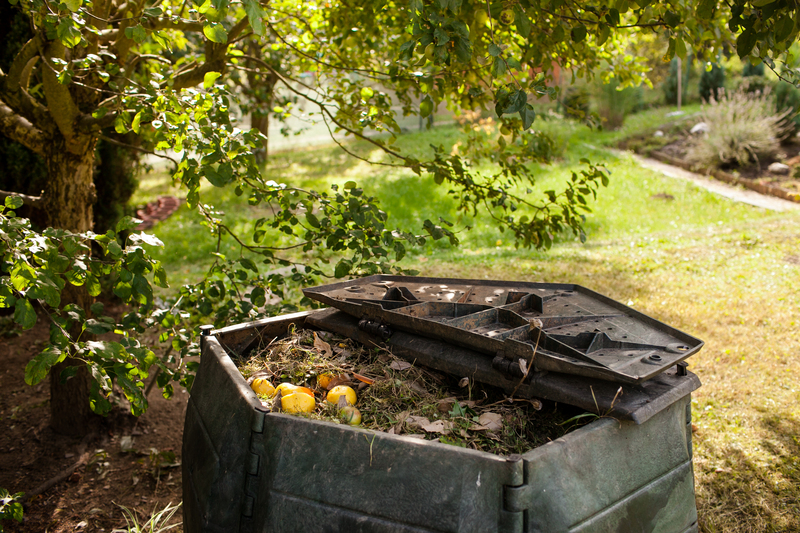Recycling Strategies for Offices
Posted on 03/09/2024
In today's eco-conscious world, businesses are incorporating sustainable practices to not only reduce their environmental impact but also present themselves as responsible corporate citizens. Recycling strategies for offices can greatly contribute to a greener planet while also saving costs. This article will explore practical and efficient recycling strategies that can be seamlessly integrated into any office environment.
Setting Up a Recycling Program
To start, it's crucial to set up a structured recycling program. Begin with an audit to understand the types of waste your office generates. This could include paper, plastics, electronics, and organic waste. Use the data to tailor your recycling initiative.
Educate employees about the program and its importance. Hold training sessions and provide literature that outlines what can and cannot be recycled. Proper signage around the office can also guide employees to dispose of their waste correctly.

Choosing the Right Recycling Bins
Selecting the appropriate recycling bins is vital for any recycling program's success. Color-coded bins with clear labels help in minimizing contamination. For example, use blue bins for paper, green for organic waste, and red for plastics. Place these bins at convenient locations such as break rooms, near printers, and in communal areas.
E-Waste Management
Offices often deal with a significant amount of electronic waste, including old computers, printers, and phones. Partner with a certified e-waste recycling company to ensure that these items are disposed of ethically and efficiently. Encourage employees to bring in personal e-waste for disposal as well.
Reducing Paper Waste
Reducing paper consumption can have a massive impact. Encourage the use of digital documents and double-sided printing. Use scrap paper for notes and set your printers to default to black and white mode, as color printing often uses more ink and is less environmentally friendly.
Composting Organic Waste
Offices produce a lot of organic waste, especially from break rooms and cafeterias. Set up a composting system for food scraps and organic materials. Compost bins can be placed near coffee stations and dining areas. The compost can later be used for office plants or donated to local gardens.
Recycling Office Supplies
Office supplies such as pens, markers, and even furniture should be recycled or repurposed when possible. Pens and markers can be sent to specialized recycling programs. Repurpose old furniture within the office or donate it to charities.
Pros and Cons of Office Recycling Strategies
Pros
1. Environmental Impact: Significantly reduces the office's carbon footprint.
2. Cost Savings: Reduces waste management costs and paper consumption.
3. Public Image: Enhances the company's reputation as a responsible and sustainable entity.
4. Employee Morale: Engages employees and boosts morale by participating in meaningful ecological activities.
Cons
1. Initial Investment: Setting up a recycling program can require upfront costs.
2. Maintenance: Continuous efforts are needed to maintain and manage the program.
3. Employee Compliance: Relies heavily on employee participation and can be challenging to enforce uniformly.
Tips for a Successful Recycling Program
1. Regular Audits: Continuously monitor waste types and volumes to improve the program.
2. Incentives: Offer rewards or recognition for departments that excel in recycling efforts.
3. Feedback System: Have an open channel for employee suggestions and feedback to refine the program.
4. Collaborate: Partner with local recycling and waste management organizations for better strategies and support.

Key Takeaways
1. Education Is Crucial: Informing and training employees is essential for the success of recycling programs.
2. Proper Bins: The correct placement and labeling of recycling bins can significantly reduce waste contamination.
3. Consistent Evaluation: Regularly assess and update the recycling strategy to adapt to new challenges and opportunities.
Conclusion
Implementing recycling strategies in offices is not just a trend but a necessity in today's world. By understanding the specific waste generated, using the right tools, and actively involving employees, offices can significantly reduce their environmental footprint. While there are some challenges to overcome, the benefits far outweigh the drawbacks. Taking a proactive approach to office recycling can lead to a more sustainable and cost-effective workplace. Aim to start small, then scale your efforts as you witness success and commitment from your team.










